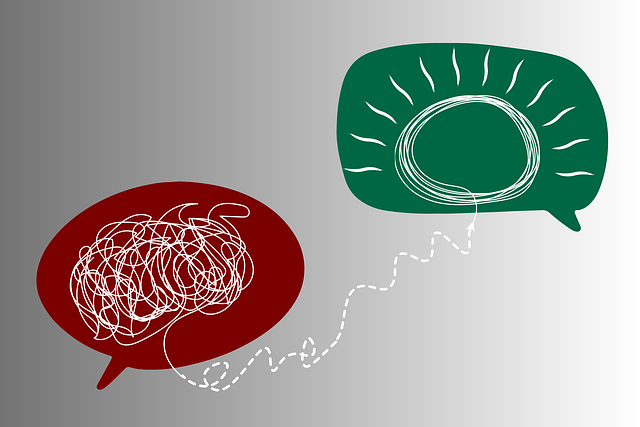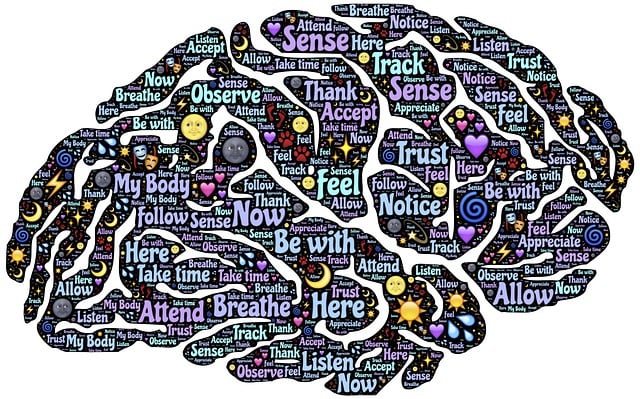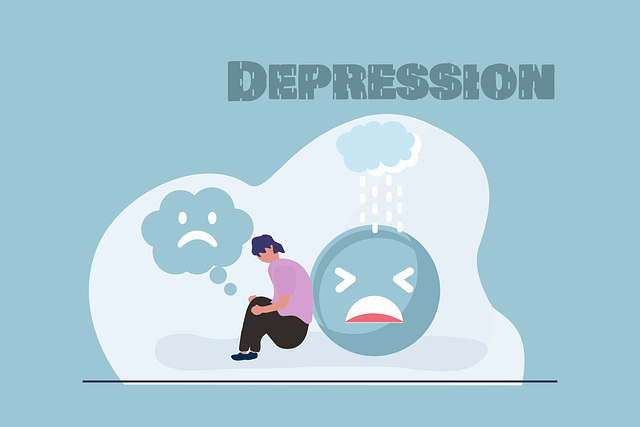Mental wellness coaching, as offered by Broomfield Grief Counseling Therapy (BGCT), provides personalized, collaborative support for individuals and organizations. This modern approach focuses on building resilience, encouraging self-care, and teaching effective coping strategies to manage stress and prevent burnout. BGCT integrates evidence-based practices like mindfulness meditation with cultural sensitivity, addressing diverse community needs through specialized grief counseling and mental health education. Their holistic approach promotes long-lasting coping strategies and enhances overall well-being. Implementing successful coaching programs involves structured feedback, regular client check-ins, and tailored interventions, ensuring continuous improvement and empowering individuals for better mental health outcomes.
In today’s fast-paced world, mental wellness coaching programs have emerged as a vital support system. This article explores the transformative power of these modern approaches, focusing on specific needs like those addressed by Broomfield Grief Counseling Therapy. We delve into designing effective coaching strategies, implementing best practices, and evaluating success for continuous improvement. Understanding key components ensures programs meet diverse individual requirements, fostering holistic mental wellness.
- Understanding Mental Wellness Coaching: A Modern Approach to Support
- Broomfield Grief Counseling Therapy: Addressing Specific Needs
- Designing Effective Coaching Programs: Key Components and Strategies
- Implementing and Evaluating Success: Best Practices for Continuous Improvement
Understanding Mental Wellness Coaching: A Modern Approach to Support

Mental wellness coaching is a modern approach to supporting individuals and organizations in navigating the complexities of mental health. It’s an evidence-based practice that focuses on fostering resilience, promoting self-care, and developing effective coping strategies. Unlike traditional therapy, which often involves structured sessions and specific diagnoses, coaching provides a more flexible and personalized experience. Coaches work collaboratively with clients to identify areas of improvement, set achievable goals, and implement tailored solutions.
This proactive approach is particularly relevant in today’s fast-paced world where stress management and burnout prevention strategies for healthcare providers are increasingly vital. By investing in mental wellness coaching programs, individuals and organizations can enhance overall well-being, improve productivity, and create a more supportive work environment. Broomfield Grief Counseling Therapy, for instance, has recognized the value of coaching in helping clients not only grieve but also rebuild their lives with greater resilience and emotional strength.
Broomfield Grief Counseling Therapy: Addressing Specific Needs

In many communities, there’s a growing demand for tailored mental wellness support, particularly in areas like Broomfield where diverse populations face unique challenges. Broomfield Grief Counseling Therapy (BGCT) steps into this gap by offering specialized services designed to address specific needs. This approach recognizes that grief is not a one-size-fits-all experience and that effective coping skills development requires cultural sensitivity and an understanding of individual circumstances.
BGCT integrates evidence-based practices, including mindfulness meditation, into its programs. By combining professional counseling with mental health education, these initiatives empower individuals to navigate their emotions, cultivate resilience, and enhance overall well-being. The focus on both the mind and body through techniques like mindfulness meditation supports holistic healing and promotes long-lasting coping strategies in a supportive environment.
Designing Effective Coaching Programs: Key Components and Strategies

Designing Effective Coaching Programs: Key Components and Strategies
In developing a successful mental wellness coaching program, such as those offered by Broomfield Grief Counseling Therapy, it’s essential to incorporate key components that foster positive outcomes for clients. A comprehensive program should start with clearly defined goals and objectives, tailored to the unique needs of the target audience. This involves assessing community needs, identifying at-risk populations, and understanding cultural sensitivities to ensure inclusive practices. Effective coaching programs also emphasize active listening and empathy as fundamental communication strategies, building a safe and supportive environment for participants to openly share their experiences.
Additionally, integrating evidence-based practices and incorporating diverse intervention techniques can enhance program effectiveness. This may include teaching stress management skills, promoting mindfulness practices, offering coping mechanisms tailored to specific challenges like burnout prevention, and encouraging healthy lifestyle changes. Community outreach program implementation is another critical aspect, leveraging local resources and partnerships to expand reach and ensure accessibility for those in need. By combining these strategies, mental wellness coaching programs can offer transformative support, empowering individuals to navigate life’s challenges with resilience and improved overall well-being.
Implementing and Evaluating Success: Best Practices for Continuous Improvement

Implementing and evaluating success is a dynamic process that drives the continuous improvement of mental wellness coaching programs, such as those offered by Broomfield Grief Counseling Therapy. To ensure ongoing efficacy, it’s crucial to integrate structured feedback mechanisms. This involves regular check-ins with clients to gauge their progress, understanding challenges, and identifying areas for enhancement. By actively listening to client narratives, coaches can tailor interventions and adapt strategies for better outcomes.
Best practices include using Self-Awareness Exercises to promote reflection on both the coaching journey and personal growth. Public Awareness Campaigns Development can further enhance program impact by educating the community about mental health, breaking down stigma, and encouraging early intervention. Additionally, fostering Self-Care Routine Development for Better Mental Health is a core component of successful coaching, empowering individuals to maintain resilience and well-being between sessions.
Mental wellness coaching programs, incorporating elements of Broomfield Grief Counseling Therapy, offer a modern and supportive approach to addressing diverse mental health needs. By understanding the key components and best practices for designing effective programs, we can create robust interventions that foster continuous improvement and positive outcomes. These strategies ensure that individuals receive tailored guidance, promoting holistic well-being in today’s complex world.














